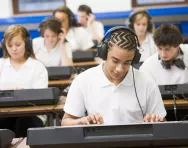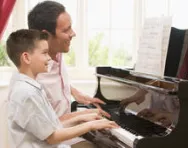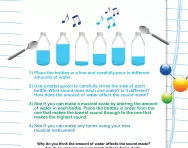Important update from TheSchoolRun
For the past 13 years, TheSchoolRun has been run by a small team of mums working from home, dedicated to providing quality educational resources to primary school parents. Unfortunately, rising supplier costs and falling revenue have made it impossible for us to continue operating, and we’ve had to make the difficult decision to close. The good news: We’ve arranged for another educational provider to take over many of our resources. These will be hosted on a new portal, where the content will be updated and expanded to support your child’s learning.
What this means for subscribers:
- Your subscription is still active, and for now, you can keep using the website as normal — just log in with your usual details to access all our articles and resources*.
- In a few months, all resources will move to the new portal. You’ll continue to have access there until your subscription ends. We’ll send you full details nearer the time.
- As a thank you for your support, we’ll also be sending you 16 primary school eBooks (worth £108.84) to download and keep.
A few changes to be aware of:
- The Learning Journey weekly email has ended, but your child’s plan will still be updated on your dashboard each Monday. Just log in to see the recommended worksheets.
- The 11+ weekly emails have now ended. We sent you all the remaining emails in the series at the end of March — please check your inbox (and spam folder) if you haven’t seen them. You can also follow the full programme here: 11+ Learning Journey.
If you have any questions, please contact us at [email protected]. Thank you for being part of our journey it’s been a privilege to support your family’s learning.
*If you need to reset your password, it will still work as usual. Please check your spam folder if the reset email doesn’t appear in your inbox.
The parents' guide to secondary school: KS3 music
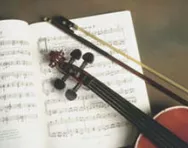
As pupils deepen and extend their own musical interests and skills in Key Stage 3 music, they perform and compose music in different styles with increasing understanding of musical devices, processes and contextual influences.
Your child will work individually and in groups of different sizes and become increasingly aware of the different roles and contributions of each member of the group.
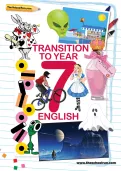
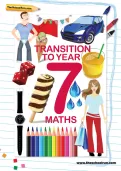
Year 6 to 7 transition packs
- English & Maths transition packs
- Practise journalistic writing, figurative language, persuasive text and more
- Revise key maths methods and concepts
They will actively explore specific genres, styles and traditions of music from different times and cultures with increasing ability to discriminate, think critically and make connections between different areas of knowledge.
By the end of KS3, your child should be able to show that they understand musical devices, how music reflects time and place and different musical processes.
The KS3 music programme of study
The National Curriculum aims for all children to:
- Perform, listen to, review and evaluate music from a range of historical periods, genres, styles and traditions, including the works of famous composers and musicians.
- Learn to sing, and to use their voices to create and compose music on their own and with others.
- Have the opportunity to learn a musical instrument, and use music technology appropriately.
- Understand and explore how music is created, produced and communicated, including a knowledge of pitch, dynamics, tempo, timbre etc.
By the end of KS3 they should be able to:
- Play and perform confidently alone and in an ensemble, using their voice and instruments musically, fluently and with accuracy and expression.
- Improvise and compose, and extend and develop their musical ideas.
- Use musical notations accurately in a range of genres, styles and traditions.
- Identify and use dimensions such as tones and scales.
- Listen with discrimination to music from a wide range of composers and musicians.
- Develop an understanding of the music they perform and listen to, and its history.
Lesson examples
Here’s what your KS3 child might get up to in music class:
- Year 7 pupils take turns using their voice to create ‘sound images’ for abstracts, such as ‘a windswept hill', ‘an eerie space' and ‘a humming machine'. Afterwards they try creating the same ‘sound images’ using instruments.
- Year 8 pupils play examples of African dance music as part of a lesson on African genres. They explore the conventions used within them and learn how master drummers take many years to perfect the playing of rhythmic patterns.
- Year 9 pupils look at the way music is used to influence emotions, for example in advertisements. The pupils list places they hear music, such as television, radio, films, shops and, aeroplanes and then explore the purpose of such music. They’ll ask questions such as, 'What is it trying to achieve?' and 'How does it make you feel?'
Help your child at home
- Try to expose your child to as wide a variety of music as you can. Attend music concerts of all types and introduce your child to choirs and orchestras.
- Ask your child to listen to the music played while you are out in shops, restaurants and other public places. Do they notice any differences between the types of music played in different places?
- Play music while your child is doing homework, chores, completing a puzzle or other similar activities. Ask your child to choose what music they think is most appropriate for each type of activity.
- Encourage your child to learn to play a musical instrument.
- Why not suggest that your child rewrites the words to a favourite song? The process involves the same composition skills they will use at school.


